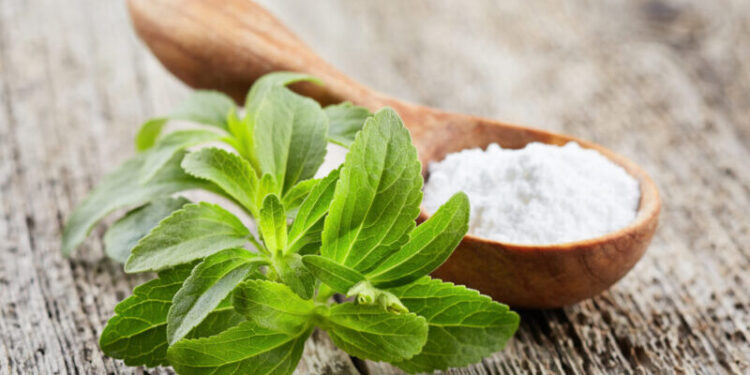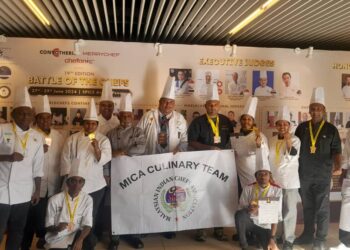Akankshya Mukherjee(intern@imaws.org)
Ingredion Incorporated, a major global provider of specialty ingredient solutions to the food and beverage processing industries, has released the findings of its most extensive stevia environmental life cycle study.
The global study was carried out to better understand the sustainability of stevia across its product life cycle when compared to full-caloric alternatives such as cane sugar, beet sugar, and high fructose corn syrup, as well as to identify opportunities to improve the environmental performance of PureCircle by Ingredion’s stevia portfolio.
“Our latest findings clearly illustrate that thanks to recent improvements in Reb M stevia production, all of our stevia production methods consistently outperform sugar across four critical sustainability parameters. By providing outstanding tasting food and beverage items, Reb M has enabled mass market adoption of stevia.” Our bioconversion and fermentation capabilities will enable the industry to achieve the same great taste at a lower cost while significantly reducing environmental impacts” stated Kurt Callaghan, Global Strategic Director for Sugar Reduction at Ingredion.
The findings reveal that fermentation and bioconversion technologies have considerably increased the sustainability of Reb M, a PureCircle by Ingredion’s next-generation stevia sweetener. For example, compared to sugar, fermented Sugarcane Reb M production reduces negative climate change impact by 82%, whereas bioconversion reduces it by 50%.
 Reb M has been scaled up thanks to new production methods, making it more accessible to food and beverage enterprises of all sizes. These advancements enable companies to capitalize on the most recent consumer-driven nutrition and health & wellness trends, while also providing sugar reduction solutions that promote sustainable lifestyle choices.
Reb M has been scaled up thanks to new production methods, making it more accessible to food and beverage enterprises of all sizes. These advancements enable companies to capitalize on the most recent consumer-driven nutrition and health & wellness trends, while also providing sugar reduction solutions that promote sustainable lifestyle choices.
Reb M is becoming more used as a sweetener in food and beverage recipes. PureCircle by Ingredion collaborates with product creators to improve taste performance beyond early-generation stevia and become a preferred sugar substitute for customers.
The life cycle assessment methodology is used to quantify potential environmental impacts connected with a product’s or service’s life cycle, from cradle to grave. The patented study examined the environmental implications of stevia leaf sweeteners from extraction and processing through consumer distribution, utilizing environmental variables such as climate change, land use, water shortage, and cumulative energy demand.







